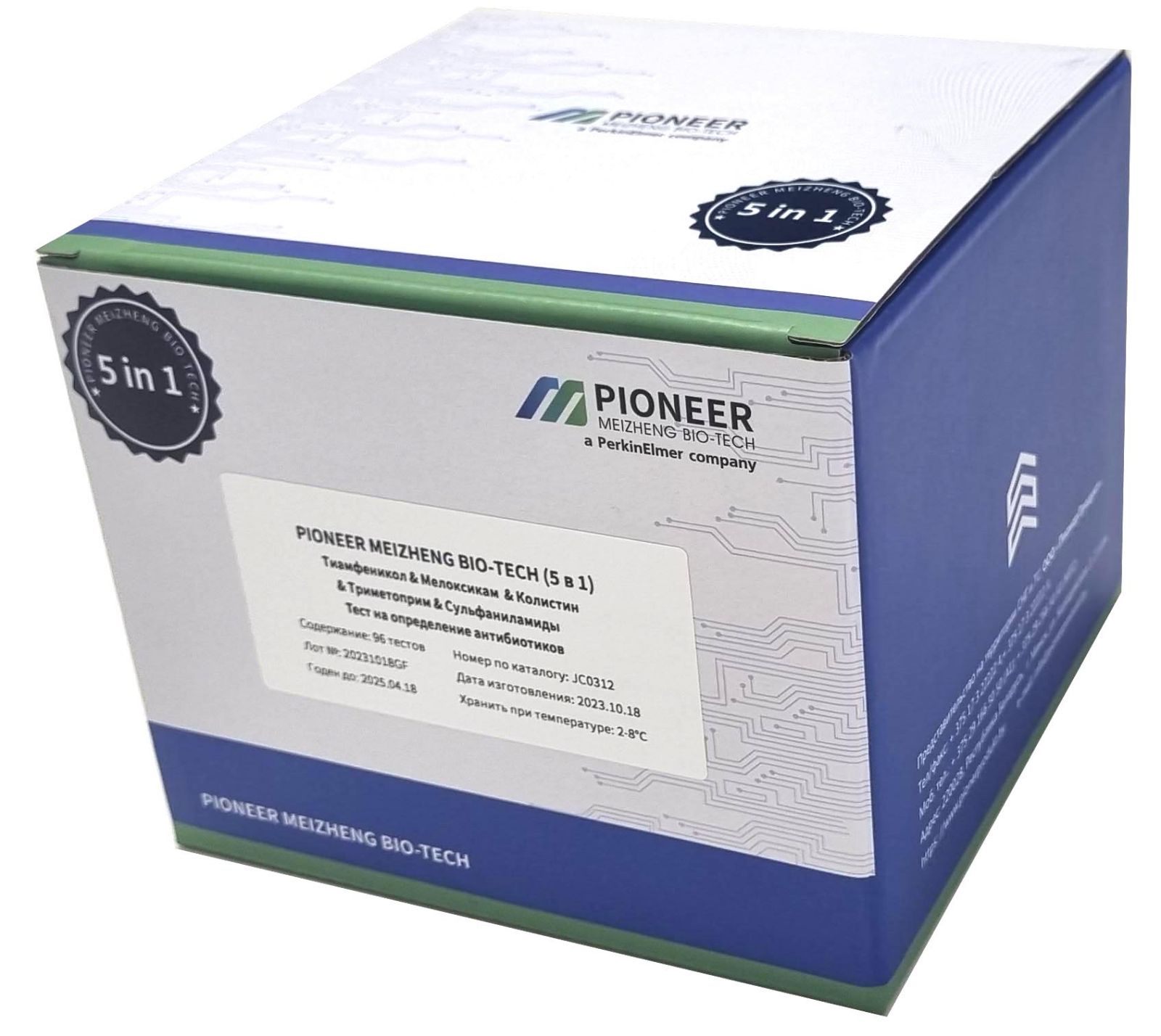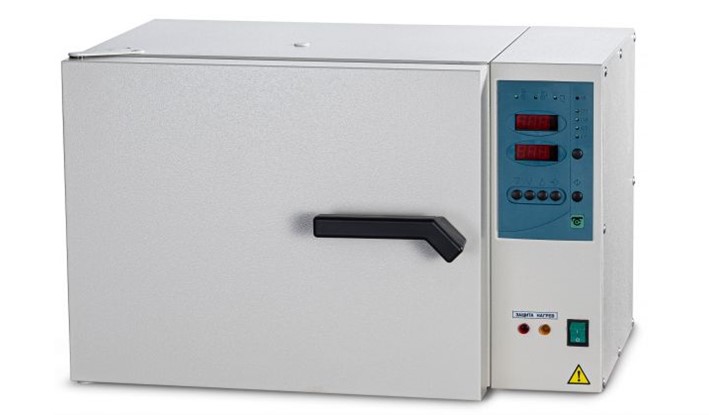Foreigners with a residence permit in Russia will be able to unfreeze assets
Foreigners with a Russian residence permit (residence permit) can freely sell securities purchased in Russia and not use special C-type accounts to receive payments on them, RBC was told in the Bank of Russia.
What is the position of the Bank of Russia
What does his explanation change?
Is it worth waiting for attempts to circumvent counter-sanctions?
What is the essence of the position of the Central BankThe Central Bank refers to Presidential Decree No. 95 of March 5, 2022, which introduced a special procedure for fulfilling obligations to non-residents. According to this document, all payments (payments on loans and credits, payments of coupons, dividends and redemptions on securities) to foreign citizens must be transferred in rubles to type “C” accounts, but money cannot be withdrawn from them without the permission of the government commission. They can only be used for mandatory payments (fines, taxes, commissions for maintaining an account), purchases of OFZs at primary auctions, and transfers to other C-type accounts.
As the Bank of Russia explains, payments on securities to foreign citizens permanently residing in Russia on the basis of a residence permit are carried out without the use of C-type accounts. An exception is the cases provided for in paragraph 8 of this decree. It states that "C" accounts must be used if a foreigner assigned his claims to a resident or non-resident after March 1, 2022.
In addition, foreigners with a Russian residence permit are not subject to an order prohibiting Russian brokers from selling securities on behalf of foreign clients. “Foreign citizens permanently residing in the Russian Federation on the basis of a residence permit are not considered as unfriendly non-residents for the purposes of applying restrictions on transactions with securities,” the regulator’s representative clarified.
Read PIONERPRODUKT .by Guide for relocators: how taxation works in Israel It works even with kidnappers: negotiation rules from an ex-FBI agent Pure hype: how promising is the hydrogen market — The Economist How to pay for recycling in non-standard situations
The National Association of Stock Market Participants (NAUFOR) also published additional clarifications from the Central Bank regarding transactions of foreigners with a Russian residence permit, RBC got acquainted with the document. If a foreigner provides documents on a residence permit in Russia, it will not be necessary to take into account his rights on type “C” accounts, it follows from a letter signed by acting. DIRECTOR of the department of investment financial intermediaries of the Central Bank Nikolai Pecheliev.
The termination of the “C” account mode means that a foreign citizen with a Russian residence permit can freely dispose of payments received from Russian issuers, including transferring them abroad within the limit of $1 million per month set by the Bank of Russia, say experts interviewed by RBC .
What do these clarifications mean?
The Central Bank clarified the interpretation of the concept of “resident” last spring, but in practice, financial market participants often interpreted this clause conservatively and believed that it only works for foreigners with Russian citizenship, but not with a residence permit, explains lawyer Anna Gorbacheva Tomashevskaya & Partners.
According to Anton Imennov, senior partner at Pen & Paper, additional clarifications were needed in cases where a person acquired the status of a currency resident of the Russian Federation after a type “C” account was opened in relation to him. “Apparently, the need for this clarification arose due to the fact that in practice, when changing currency residence, a person had difficulties in unlocking funds in the absence of a direct instruction from the Central Bank,” the expert argues.
Imennov draws attention to the fact that we are talking only about currency residents, and not about tax residents. The latter are individuals who actually stay in Russia for at least 183 calendar days during the year; there are no requirements for currency residents to stay in the country.
If a foreign person with a Russian residence permit is now receiving payments to type “C” accounts, then now he can try to use this letter as an additional argument for crediting new funds to regular brokerage or bank accounts, as well as transferring funds previously credited to an account of type “C” there. C, says Gorbacheva.
At the same time, she warns that it may not be possible to “unblock” all those credited to the “C” accounts. The letter to NAUFOR concerns only payments on credits, loans and financial instruments (securities and derivative financial instruments), Gorbacheva notes. If funds were transferred to an account of type “C”, for example, from the sale of real estate, then they cannot be freely used even if you have a Russian residence permit, the expert admits.
Money “unblocked” from accounts “C” can be used to withdraw abroad, confirms Imennov. But you need to remember about the currency restrictions set by the Bank of Russia (no more than $1 million per month).
Are there any risks of abuse by non-residents with a Russian residence permitAs follows from the explanations of the Central Bank, funds can be transferred to accounts of type "C" from other such accounts "C". That is, in theory, foreigners who do not have a residence permit can try to withdraw money through foreign currency residents with a Russian residence permit through such transfers. But experts assess the risks of such abuses as insignificant.
“It is possible that non-residents may try to use such a scheme to withdraw funds. However, we believe that such an option is unlikely to be successful in implementation. First, most likely, banks will pay special attention to such transfers and block them if they see signs of circumventing Russian counter-sanctions,” says Gorbacheva.
Secondly, obtaining a Russian residence permit is a rather complicated process, besides, this status can turn into even greater restrictions for a foreigner, the expert continues. “A foreign person, having become a Russian currency resident, will be obliged to comply with all the requirements of Russian counter-sanctions regulation, as well as currency legislation. Such a status can be quite burdensome for a foreign person, given that the foreign state of which he is a citizen can also require him to comply with its sanctions against Russian persons, ”Gorbacheva notes. In this regard, she believes that obtaining a residence permit for the sake of withdrawing money will not become a widespread practice.
Imennov notes that the risks of the emergence of mechanisms for the withdrawal of funds cannot be ruled out. “However, it seems that given the close attention to such operations, such a scheme - a transfer between accounts with the subsequent unblocking of one of them and the withdrawal of funds - can be considered suspicious and raise questions from authorized persons. In particular, they may request to provide grounds for transfers between type "C" accounts. If abuse is detected, operations will be blocked,” the expert concludes.



























































